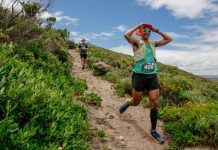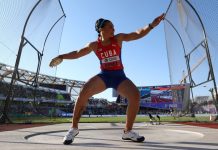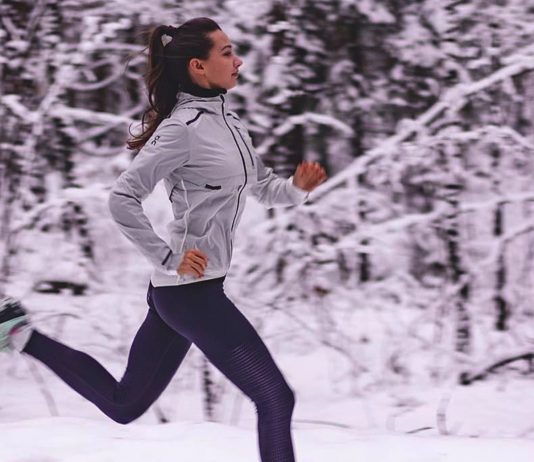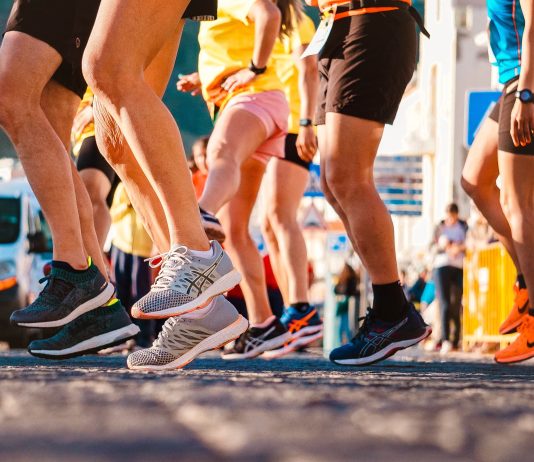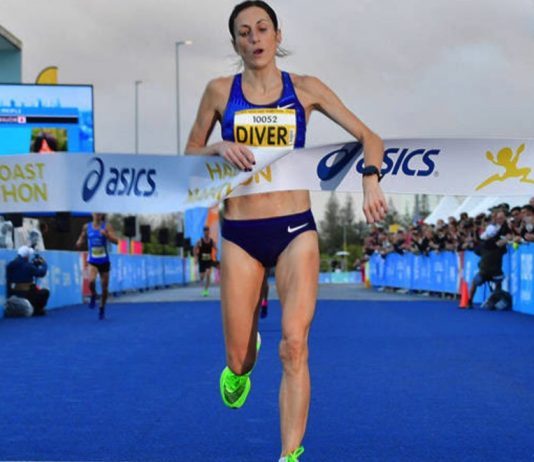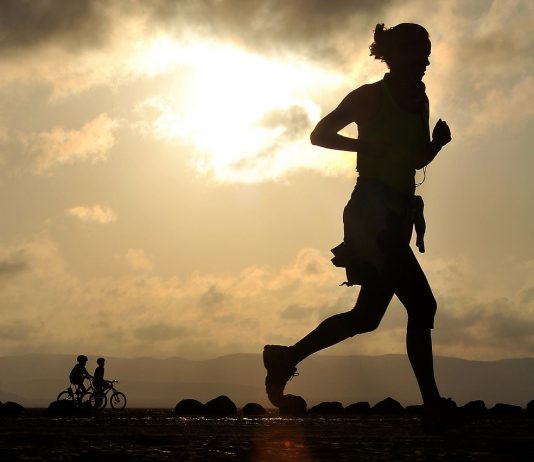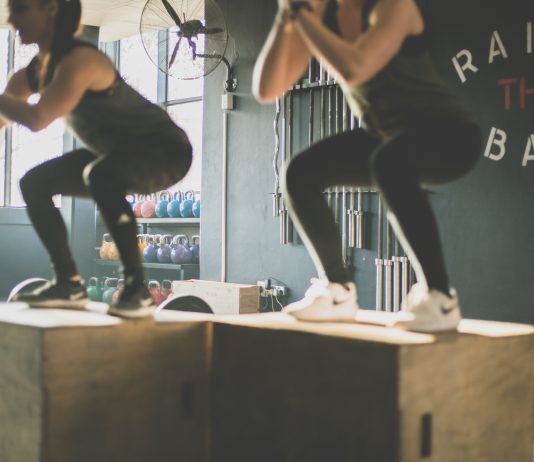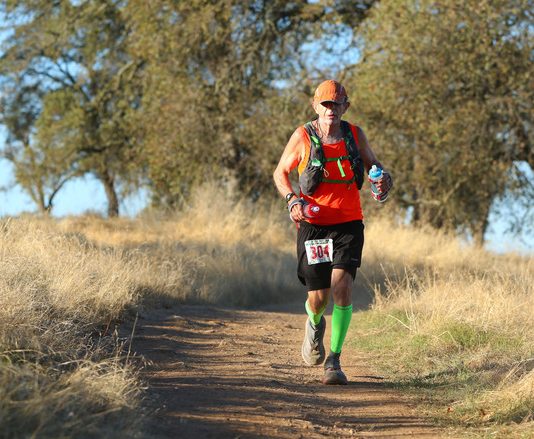In the current landscape of fitness and technological progress, the arena of health data has become remarkably accessible. Most GPS timepieces now incorporate heart rate monitoring as a standard feature, offering valuable insights into how your heart reacts to the rigors of running. Nevertheless, it's only natural for runners to ponder whether their heart rate during exercise falls within the realm of health and safety. Recently, we connected with Dr. Dan Augustine, a distinguished sports cardiologist, to elucidate some of the frequently raised queries concerning running and heart rate.
The familiar refrain that "running will spell trouble for your knees" has likely crossed the ears of many a runner. These words of caution often lead runners to ponder the effect of their cherished sport on their knee joints, raising questions about whether it's time to trade in their running shoes for a biking helmet. However, it's imperative to distinguish fact from fiction and delve into the scientific veracity of these claims.
Incredible achievement on completing your marathon or running event! As you approach the finish line, it's time to redirect your attention towards the crucial phase of recovery. Here's a unique three-stage approach to ensure your successful post-race recuperation:
Are you ready to elevate your running skills to new heights? While running offers various physical and mental benefits, tempo runs, a specific type of high-intensity training, can help you push your boundaries, boost cardiovascular strength, and enhance your endurance. Whether you're striving to improve your stamina or set personal records in your upcoming race, integrating tempo runs into your training regimen is the secret to mastering the challenging aspects of fast-paced running.
Trail running, a sport that offers the exhilaration of traversing rugged landscapes and taking in breathtaking views, also presents its own set of unique challenges, particularly when it comes to recovery. Whether you're a seasoned trail runner or just embarking on your trail adventure, it's essential to distinguish between fact and fiction regarding recovery. In this article, we will explore seven prevalent myths about recovery for trail runners, drawing insights from experienced coaches and professional trail and ultra runners.
Two and a half decades ago, a defining study in 1997 involving 236 age-group swimmers introduced us to the concept of athlete burnout. It unveiled a mental health disorder characterized by emotional and physical exhaustion, dwindling achievements, and a fading passion for the sport. These symptoms align remarkably well with the definition of occupational burnout. These dimensions can affect athletes to varying degrees.
Trail running, a sport cherished for its simplicity and purity, beckons enthusiasts to don their shorts, lace up their shoes, hydrate, and immerse themselves in the natural world. Yet, as the outdoor lifestyle gains traction, a burgeoning market of accompanying gear threatens to overshadow this cherished simplicity. Among the array of equipment, one addition stands out as an invaluable asset for mountain runners: running-specific trekking poles.
Building Stronger Muscles for Efficient Running: The Role of Squats in an Athlete’s Training
Runnerstribe Admin -
One of the most crucial exercises for runners is the squat. The quadriceps, hamstrings, hips, and glutes, which are the most important muscles for running since they propel your stride, are the key targets of this compound, full-body, multi-joint exercise. Your chance of suffering an injury diminishes and your possibility of running quickly increases when these muscles are strong and functional.
Perseverance and Injury Prevention: The Secrets to Running Well into Your Golden Years
Runnerstribe Admin -
Running into one's golden years requires dedication and intelligence, with injury prevention being the key to longevity. The increasing number of older runners who continue to enjoy competition and fitness serves as empirical evidence of what works.
As a busy person with training goals to achieve, you want to make every minute count. The key to achieving your goals lies in optimizing your training and avoiding injury and burnout. As a coach with experience training Olympians, national and world record holders, and national and NCAA champions, I can help you achieve success in your sport.




